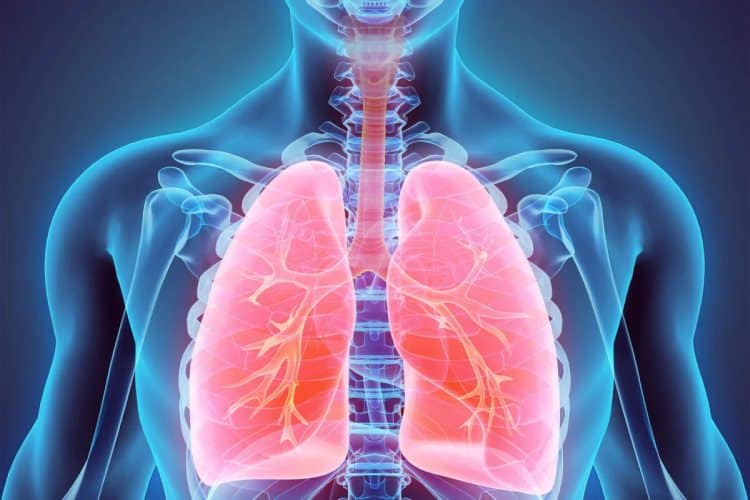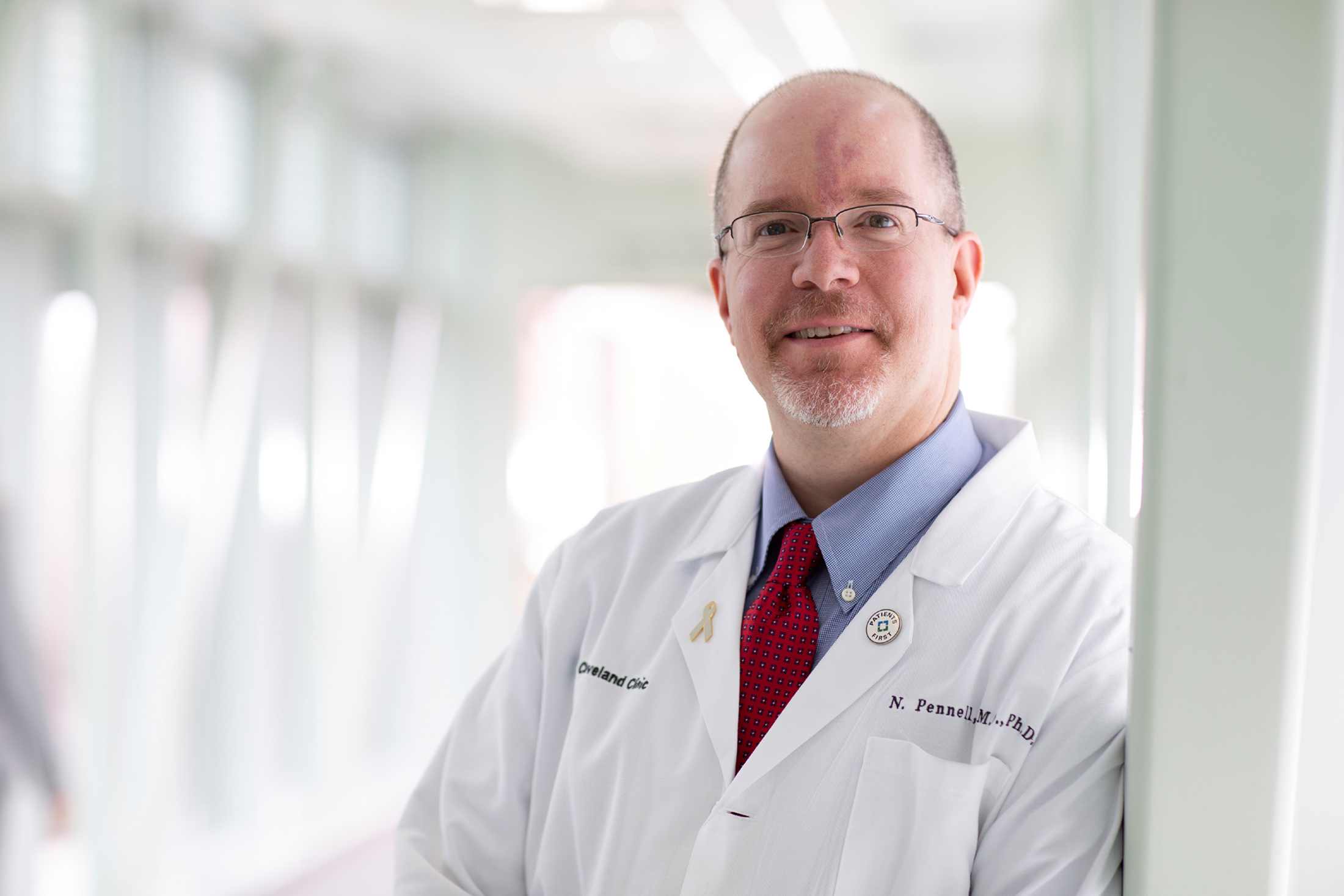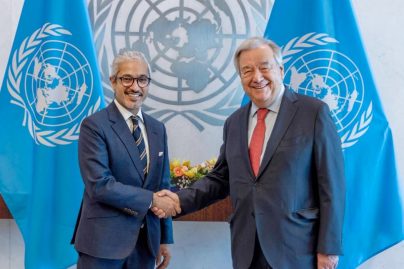#WorldLungCancerDay: Lung Cancer is not just a smoker’s disease, doctor says
Mon 01 Aug 2022
Cleveland: As World Lung Cancer Day falls on August 1, an expert from the global health system Cleveland Clinic is dispelling the myth that nonsmokers cannot get lung cancer.
Dr. Nathan Pennell, MD, PhD points out that while cigarette smoking is the number one cause of lung cancer, individuals can also get it from breathing secondhand smoke, being exposed to asbestos or radon, or having a family history of lung cancer.
“Many people think lung cancer is always the result of a personal choice to smoke cigarettes and don’t see lung cancer patients in the same light as, say, a breast cancer patient. However, the vast majority of people who die from lung cancer quit smoking long before they received a lung cancer diagnosis,” says the oncologist.
Dr. Pennell adds, “There’s a huge stigma associated with lung cancer because the majority of people who die from it are either smokers or former smokers. The fact is that anyone who has lungs can be exposed to carcinogens and develop lung cancer, so this is a disease that should concern everyone.”
He points out that one of the first questions people usually ask when they find out someone has lung cancer is, ‘Was he (or she) a smoker?’
“Tobacco smoke is one of the most addictive substances known to man. Addiction is a disease,” says Dr. Pennell. “Many people who smoke become addicted as teenagers. Whether you’re a smoker or not, nobody deserves to die from lung cancer.”
The deadliest cancer is the most underfunded
According to the World Cancer Research Fund International, lung cancer is the second most common cancer in the world. However, because of the stigma associated with lung cancer, it is difficult for researchers to get funding to try to find a cure.
“Public funding has a lot to do with public opinion, which doesn’t support lung cancer as it does the so-called ‘blameless cancers’ like breast cancer or prostate cancer,” says Dr. Pennell. “Those types of cancers also have a lot more survivors who can advocate for funding.”
A study by Northwestern University in the U.S., for example, found that underfunding common cancers like lung cancer could negatively impact research, drug development and the number of Food and Drug Administration (FDA) drug approvals for those poorly funded cancers.
“There are not enough lung cancer survivors to demand change,” says Dr. Pennell. “Those who do survive often blame themselves, so there is a smaller percentage of survivors who are willing to tell their stories.”
Despite funding difficulties, medicine has made progress in lung cancer diagnosis and treatments and genetic testing is just one example, says Dr. Pennell.
“There are many different types of lung cancer and genetic testing has helped researchers to develop therapies that target specific types of cancer cells,” he says.
Immune-based therapies, in which the immune system is primed to attack tumours, are also helping patients with lung cancer live longer, Dr. Pennell says. These therapies have been approved for treating many other types of cancer as well. Screening for lung cancer with low-dose computed tomography (CT) scans, which help to identify cancers at an earlier and more curable stage, has also reduced deaths from lung cancer.
Individuals can make a difference
While not all lung cancers can be prevented, individuals can take some measures that may lower their risk. “First and foremost, quit smoking if you’re a smoker because the benefits go beyond external changes. For example, if you stop smoking for 10 years, your risk of lung cancer death is about half of that of a current smoker,” Dr. Pennell advises.
In addition, people can avoid or reduce any exposure to chemicals such as asbestos and radon.
“I would encourage survivors, especially those who never smoked, to advocate for lung cancer research and to let people know that progress is being made,” says Dr. Pennell. “We need to get the word out about how important this is to everyone, not just to those who smoke. Lung Cancer Smoker disease Lung Cancer Smoker disease

This Article is contributed by Oncologist Dr. Nathan Pennell, MD, PhD, Cleveland Clinic
Disclaimer: All views and opinions expressed in TheBrew Opinion – TheBrew opinion section – are those of the authors and do not necessarily reflect the official policy or position of TheBrew.ae, the company, or any of its members.

 Apr 19 2024
Apr 19 2024













